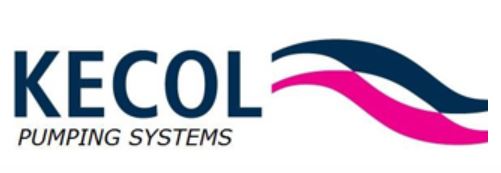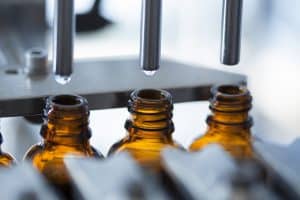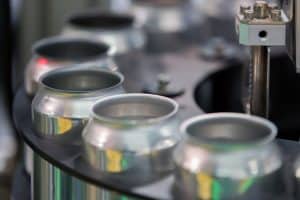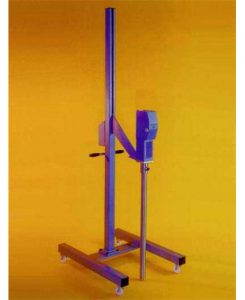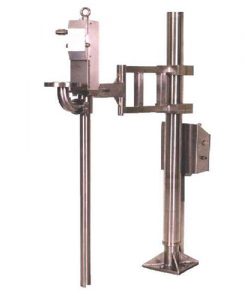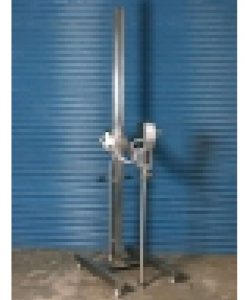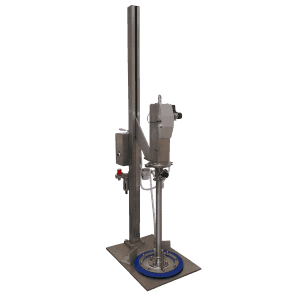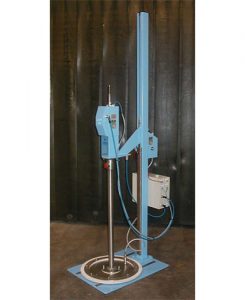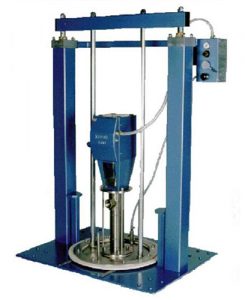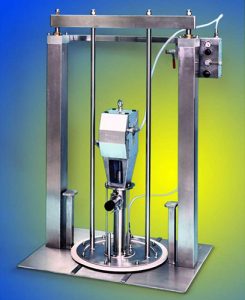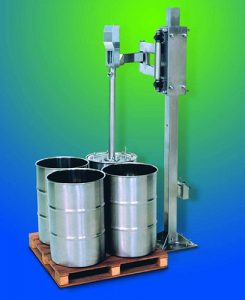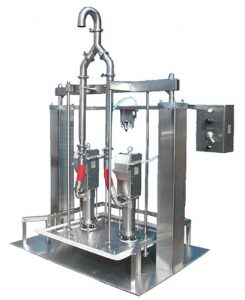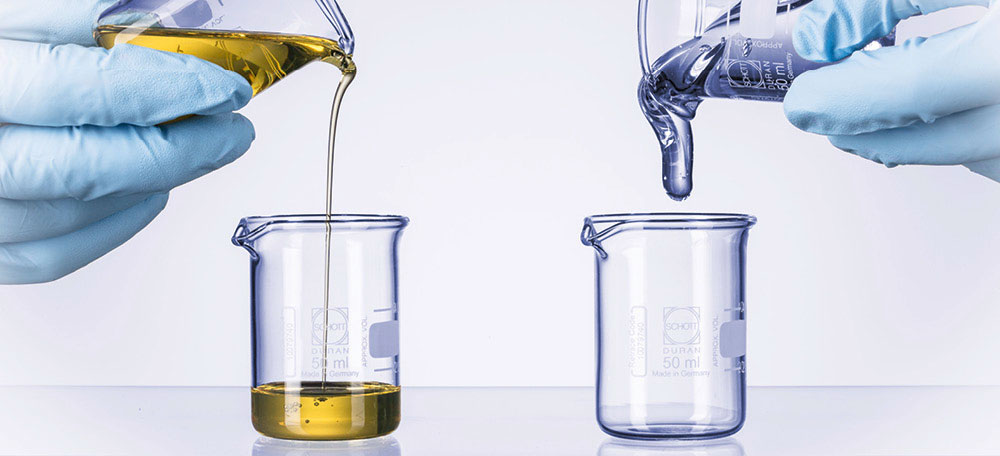-
Pump Products
-
-
Drum Pumps
-
- DRUM PUMPS
-
-
- Hygienic Drum Pumps
Sanitary Range of Piston Pumps for viscous products that flow Kecol manufacture a range of Air Powered Piston Pumps to suit…
- Hygienic Drum Pumps
-
- Industrial Drum Pumps
Chemical & Industrial Range of Piston Pumps for viscous products that flow Kecol manufacture a range of Air Powered Piston Pumps to suit standard …
- Industrial Drum Pumps
-
- Transfer Pumps
TRANSFER PUMPS These portable drum-transfer immersion pumps are designed to pump corrosive liquids. Their special shape ensures that any…
- Transfer Pumps
-
-
Diaphragm Pumps
-
- Diaphragm Pumps
The “Kecol” name is synonymous with the supply, repair and service of all diaphragm pumps. Regardless of the manufacturer, we can offer a full sales and service facility either at our premises or on your site.
Contact our sales team to discuss your requirements or for further information.
-
-
- Sandpiper Diaphragm Pumps
Kecol Pumping Systems supply the full range of Sandpiper double diaphragm pumps and spares. Informed customers select AODD Pumps vs other pump types when challenged with difficult pumping situations. …
- SEE SANDPIPER RANGE
-
- Blagdon Diaphragm Pumps
Kecol Pumping Systems supply the full range of Sandpiper double diaphragm pumps and spares. Informed customers select AODD Pumps vs other pump types when challenged with difficult pumping situations. …
- SEE BLAGDON RANGE
-
- Wilden Diaphragm Pumps
Kecol Pumping Systems supply the full range of Sandpiper double diaphragm pumps and spares. Informed customers select AODD Pumps vs other pump types when challenged with difficult pumping situations. …
- SEE WILDEN RANGE
-
-
Stubby Pumps
-
- Stubby Pumps
Range of Stubby Piston Pumps for viscous products that flow Kecol manufacture a range of Air Powered Stubby Piston Pumps to suit standard and non standard Drums
-
-
- Hygienic Stubby Pumps
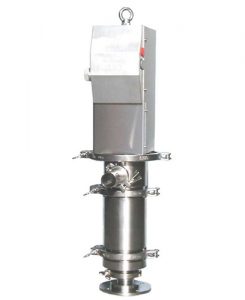
- HYGIENIC STUBBY PUMPS
-
-
- Industrial Stubby Pumps
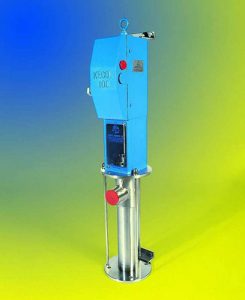
- INDUSTRIAL STUBBY PUMPS
-
-
-
Powerlift
-
- Powerlift
Kecol Powerlift is a single post pneumatic unit, mounted on castors and is primarily used to raise and lower Kecol drum pumps.
-
-
-
-
-
-
Powerprime
-
- Powerprime
-
-
-
-
-
Maxiprime
-
- Maxiprime
For pastes & high viscosity products that do not flow
-
-
-
-
-
Articulated Units
-
- Articulated Units
-
-
- Articulated Lift
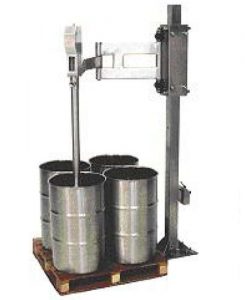
- ARTICULATED LIFT
-
-
-
-
Megaprime
-
- Megaprime
For pastes & high viscosity products that do not flow The main difficulty with pastes and high viscosity products that do not flow is that the pump cannot be primed and simply cavitates,…
-
-
- For pastes & high viscosity products that do not flowThe main difficulty with pastes and high viscosity products that do not flow is that the pump cannot be primed and simply cavitates, pumping air instead of product! The solution is to use a Kecol Megaprime twin cylinder pressure priming system in conjunction with a Kecol stubby type piston pump, maintaining a positive prime on the pump and thus ensuring that it does not cavitate.
-
-
-
Accessories
-
-
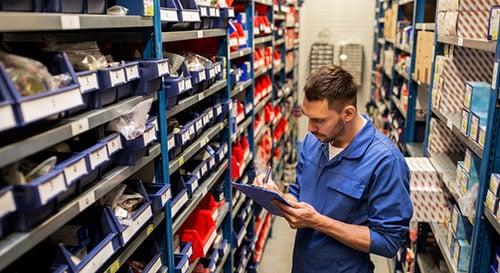
- Pumps And Anything Else?
We have been manufacturing the Kecol piston pump and priming systems for over 25 years. During this time we have designed and manufactured countless pieces of equipment specifically to meet individual customer requirements. This has resulted in a range of options too numerous to list on a web site.
Whatever your requirements, we are happy to discuss the options and offer the benefit of our experienced staff with no obligation.
-
-
-
Drum Pumps
-
- Servicing
- Accessories
- News
- Information
- Distributors
- Contact
